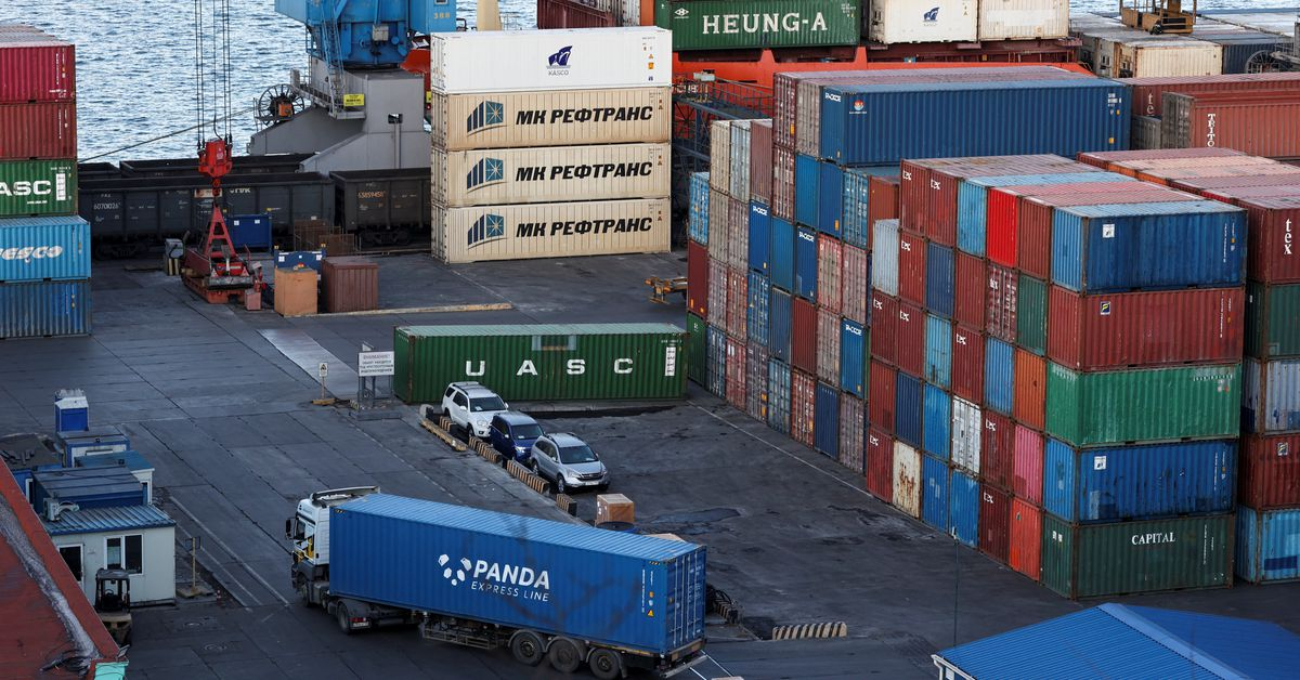The days of French and Italian wines may be numbered in Russia as Moscow raises duties on imports from so-called “unfriendly” countries, promising that domestic producers will be able to fill the gaps.
Russian imports from nations that imposed sanctions against Moscow over its invasion of Ukraine slumped in 2022 and the price of imported alcohol has risen significantly.
Some Western producers stopped selling to Russia, but Moscow has found roundabout ways to keep goods coming, including a grey imports scheme, and plenty of foreign goods remain on store shelves.
Customs duties on “unfriendly” imports of wine will be raised to 20% from 12.5%, the government said on Tuesday (25 July), outlining measures drafted by Prime Minister Mikhail Mishustin.
Russian producers are raising their output and consumers are increasingly choosing Russian wine, the government said in a note.
“Domestic production and imports from friendly countries will fully meet domestic demand.”
Wine imports from Chile increased 9% in value terms last year, while from Armenia they shot up 161%, the government said, while there were prospects of a significant increase in imports of South African wine.
Russia also plans to ban the import of finished seafood products.
“Cancelling imports from the European Union, United States and Norway will free up specific market niches for domestic producers to fill,” the government said.
The report also said Russia would increase the import duty for purified glycerin – used in the food, personal care and pharmaceutical industries – to 35% from 5% to increase domestic firms’ competitiveness. A 50% import duty would be imposed on plywood.
A recovery in imports this year has weakened the rouble, which sank this month to its lowest level in more than 15 months. Together with strong consumer demand, this led the Bank of Russia to hike interest rates by 100 basis points to 8.5% last week.
On Tuesday, the central bank said imports in the second quarter were up 35% from a year ago, with a drop in imports from the EU fully offset by those from elsewhere.
Shipments from China were 79% higher, while Turkey also boosted its exports to Russia.






























